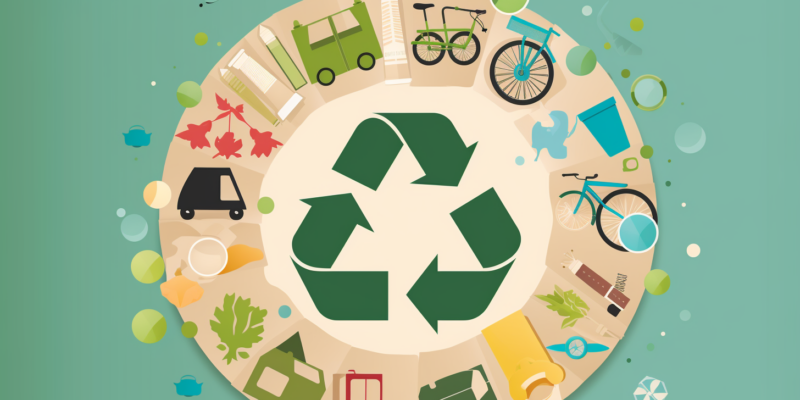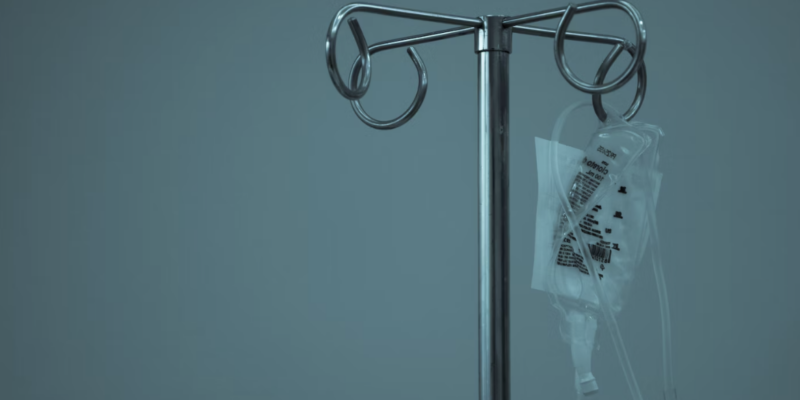Product-as-a-Service: in the circular economy, you supply your products as a service

By 2050, the economy will no longer be linear, but circular. At least, that’s the goal of the Netherlands for 2050. What circular revenue models can contribute to that goal? Sophie de Smet, advisor on circular procurement at PIANOo, talks about the revenue model that’s gaining worldwide attention from consumers and producers in the circular economy – Product-as-a-Service (PaaS). In this model, companies hire, lease or loan products rather than selling them.

Suppose that your company wants to start operating the PaaS model. According to de Smet, there are a number of conditions that the model needs to satisfy. ‘The most important is that as the supplier, you remain responsible for the product. This is an incentive to design the product in such a way that it lasts for longer and requires less maintenance. It’s the job of suppliers to think very carefully about how to do this so that the product doesn’t just end up on the scrap heap.’
In practice, this means that companies need to fully adapt their products to PaaS. A circular strategy is essential. We talk about a circular revenue model when products are of high quality, last for longer, are easier to maintain and use raw materials that can subsequently be reused. De Smet continues, ‘If we want to make the Netherlands a circular economy, these kinds of revenue models will be extremely important.’
What makes PaaS an attractive revenue model
As a supplier or producer, there are three things that make PaaS attractive as a revenue model:
- If a product last longer, the producer will earn more from it.
- The producer can save money by recycling raw materials – it can then make something new, in turn generating revenue.
- It contributes positively to the company’s image – it is a way of contributing to the circular economy.
According to de Smet, the popularity of PaaS is also on the rise amongst consumers. ‘Think of the ease of use. The consumer does not own the product, so if it breaks, he or she can return it for repair. There’s very little to worry about. The drawback is that consumers may be less careful with products. Another reason is that consumers find it increasingly important to make sustainable purchasing decisions. In some cases it is cheaper, especially with the pay-per-use principle.’
The challenges
One of the biggest challenges in the PaaS business model is repair and maintenance. This applies to international undertakings in particular, as they need to provide the same excellent level of service abroad. De Smet continues, ‘A business needs to adjust its organisation accordingly. It’s a complete turnaround of organisational structures and revenue models.’ The majority will need to redesign their products so that they last longer and are easier to maintain. That requires investment.
Subsidies for companies with circular ambitions
The Netherlands Enterprise Agency (RVO) offers a number of subsidies and schemes for international companies with circular business plans. Do you have similar ambitions? This website will show you all current subsidies and schemes relating to circular enterprise.
PIANOo is part of the RVO and assists public organisations with circular procurement.


